Start Your Holiday Lighting Business the Easy Way:
Free Training with Our Best-Value Supplies!
Christmas Light Business Starter Pack:
Get Free In-Person Training with Every Purchase!
Are you ready to take your holiday lighting business to the next level?
With our Christmas Light Business Starter Pack, we’re providing everything you need to hit the ground running—plus an exclusive bonus that sets you up for success right from the start!
C9 4,000' 12" Spacing Starter Pack
Here’s what’s included:
FREE In-Person Training
4 C9 1000' 12" Green Spacing Socket Wire Spools
4000 C9 SMD Warm White Bulbs
4000 C9 White Best Clips
1 1000' Green Zip Cord Spool
200 Green Male Gilbert Plugs
300 Green Female Gilbert Plugs
4 Cases of 24 Mini Light Balls Warm White (2,400Ft)
20 Photo Cell Timers
500 5" Best Enclosed Light Stakes
C9 4,000' 15" Spacing Starter Pack
Here's what's included:
FREE In-Person Training
4- C9 1000' 15" Green spacing Socket Wire Spools
3200- C9 SMD Warm White Bulbs
3200- C9 White Best Clips
1- 1000' Green Zip Cord Spool
200- Green Male Gilbert Plugs
300- Green Female Gilbert Plugs
4- Cases of 24 Mini Light Balls Warm White (2,400Ft)
20- Photo Cell Timers
500- 5" Best Enclosed Light Stakes
Don't need a Starter Pack but still want FREE training?
Just spend $5000+ on supplies at Christmaslights.io
and get the FREE in-person installation training!

Why Choose Us? Because We Are the Experts
With the purchase of one of our Christmas Lights Business Starter Pack, you'll gain access to free training led by industry experts. Our instructors have years of experience in the Christmas lights installation business and have helped countless others build successful ventures. They're not just passionate about what they do—they're committed to teaching you the skills you need to succeed.
Hands-On, Comprehensive Training Included
Our free training covers all the essential skills you need to get your business off the ground. From critical safety protocols to effective installation techniques, we ensure you're fully prepared. You'll also have the opportunity to practice installing Christmas lights on a real home, guided by our experienced instructors. Hands-on experience is key to mastering any new skill, and we're here to make sure you get it.
We're Committed to Your Success
When you choose our Starter Pack, you're not just getting top-notch products—you're also getting our unwavering support. We're committed to helping you succeed in the Christmas lighting industry. Our team will equip you with the knowledge and skills you need, and we'll be there to assist you every step of the way. Whether you have questions or need personalized guidance, we're always here to help. Your success is our mission.
Click the button below to view our upcoming training dates
How to Get Started
When you purchase our Christmas Lights Business Starter Pack or spend over $5,000 in supplies through Christmaslights.io, you'll need to complete the form below to secure your spot in the free training session. Simply enter your order number, select the training date you'd like to attend, and submit the form. Once we receive your information, we'll send you an email with all the details you need to prepare for your training. We're excited to help you get started and look forward to seeing you there!
Be Sure to Return Here & Submit This Form for the FREE Training
Frequently Asked Questions
Why Choose Our Christmas Lights Business Starter Pack?
High-Quality Materials: Our C9 lights are top-of-the-line, ensuring that your installations are not only beautiful but also reliable and long-lasting.
Customizable Spacing: With 12" or 15" spacing options, you can tailor your installations to meet your clients' specific needs, providing them with a stunning and professional finish every time.
Boost Your Business: This Starter Pack is the ideal way to equip yourself with the tools and knowledge necessary to expand your services and grow your holiday lighting business.
What specific items are included in the 4000 foot 12" C9 Christmas Lights starter pack?
FREE In-Person Training
4 C9 1000' 12" Green Spacing Socket Wire Spools
4000 C9 SMD Warm White Bulbs
4000 C9 White Best Clips
1 1000' Green Zip Cord Spool
200 Green Male Gilbert Plugs
300 Green Female Gilbert Plugs
4 Cases of 24 Mini Light Balls Warm White (2,400Ft)
20 Photo Cell Timers
500 5" Best Enclosed Light Stakes
What specific items are included in the 4000 foot 15" C9 Christmas Lights starter pack?rter pack?
FREE In-Person Training
4- C9 1000' 15" Green spacing Socket Wire Spools
3200- C9 SMD Warm White Bulbs
3200- C9 White Best Clips
1- 1000' Green Zip Cord Spool
200- Green Male Gilbert Plugs
300- Green Female Gilbert Plugs
4- Cases of 24 Mini Light Balls Warm White (2,400Ft)
20- Photo Cell Timers
500- 5" Best Enclosed Light Stakes
How do I get the Free Training?
When you purchase one of our Christmas Lights Business Starter Pack or spend over $5,000 through Christmaslights.io, you'll need to complete the form below to secure your spot in the free training session. Simply enter your order number, select the training date you'd like to attend, and submit the form. Once we receive your information, we'll send you an email with all the details you need to prepare for your training. We're excited to help you get started and look forward to seeing you there!
Discover Expert Tips on Our Blog
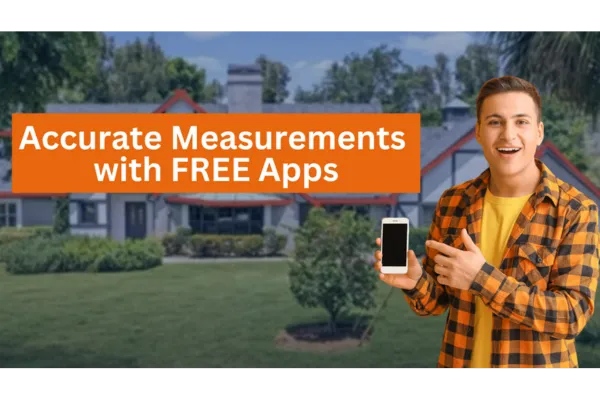
House Measurement Techniques for Accurate Bidding
When it comes to construction, renovation, or holiday decoration projects, accurate measurements are crucial. One wrong calculation can significantly impact your budget and timeline. Today, we'll explore three powerful free tools that help you measure buildings accurately from photos, ensuring your estimates are spot-on every time.
Why Accurate Measurements Matter
Consider this scenario: if you estimate a project at 140 feet when it's actually 200 feet, your cost calculations could be dramatically off. What started as $4 per foot might suddenly become $1 per foot, severely impacting your profit margins or project budget. This is why having reliable measuring techniques is essential for any contractor or DIY enthusiast.
Tool #1: ELEIF - The Professional's Choice
Measure in photo online ‐ eleif.net
ELEIF is a time-tested online measurement tool that offers precise calculations from photographs. Here's how to use it:
1. Upload your photo by dragging it into the interface
2. Set your reference measurement (typically a door width of 3 feet)
3. Use the measurement tool to mark key points along your structure
4. Record and add up all measurements
5. Add a 10% buffer for accuracy
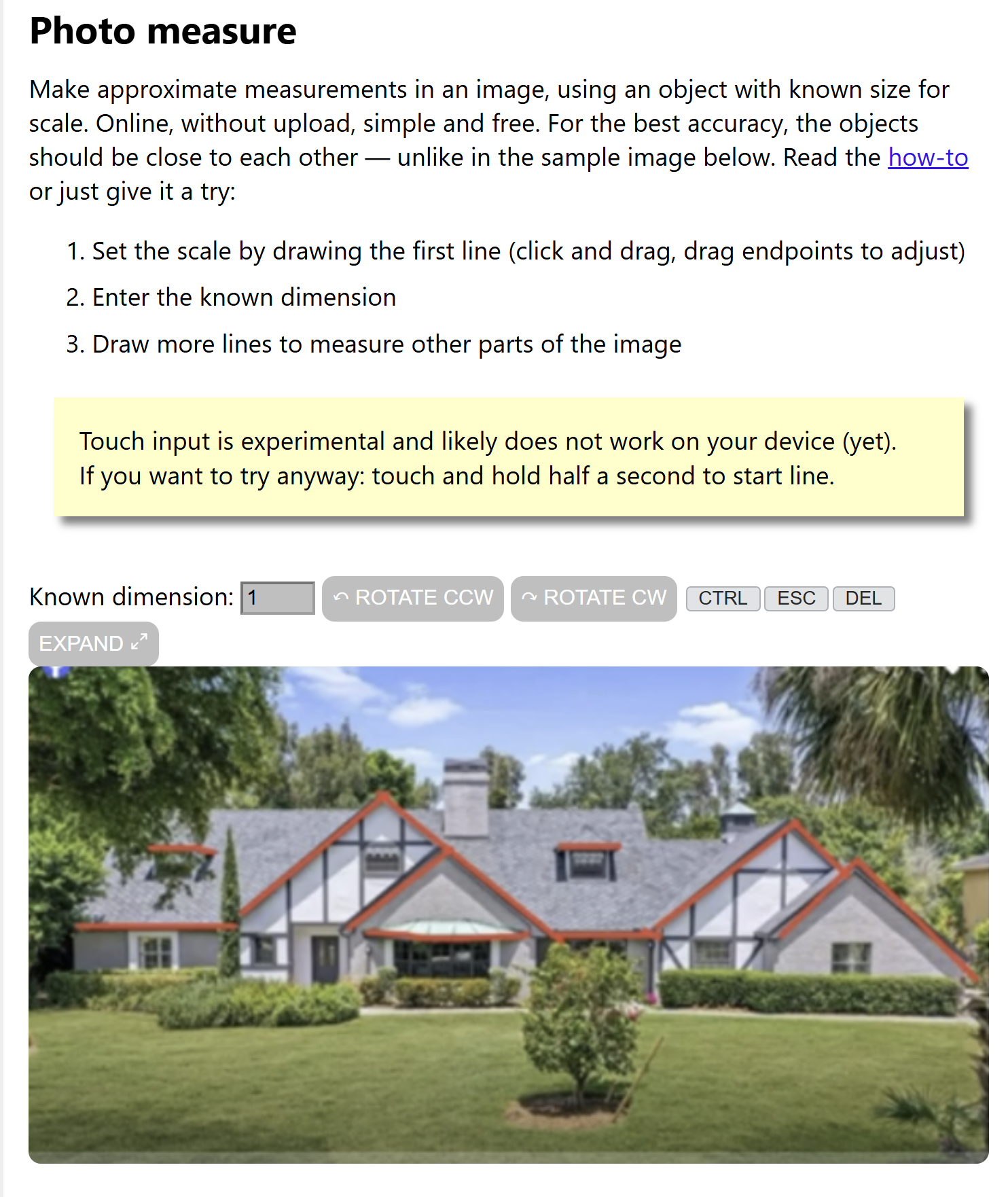
Pro Tip: When measuring complex structures, always account for architectural features that might not be immediately visible in the photo, such as door overhangs or roof extensions.
Tool #2: Image Measurement
This user-friendly tool offers enhanced zoom capabilities for more precise measurements:
1. Import your photo
2. Use the zoom function to get a clearer view
3. Set your reference point (again, using a door or known object)
4. Take measurements by clicking points along the structure
5. Calculate total measurements
6. Compare results with other tools for accuracy
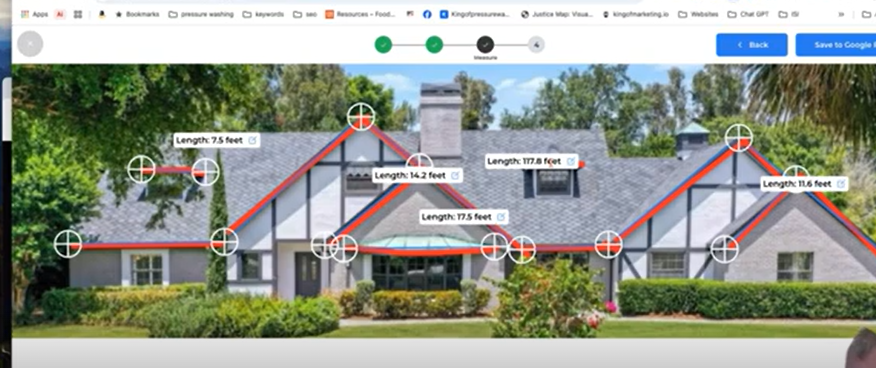
Tool #3: Canva - The Creative Solution
While primarily known for design work, Canva offers a surprisingly effective measurement solution:
1. Upload your photo to a YouTube thumbnail template
2. Use the ruler element tool
3. Set your reference measurement (3 feet for a standard door)
4. Duplicate and rotate the ruler to measure different sections
5. Track your measurements in increments (10 feet, 20 feet, etc.)
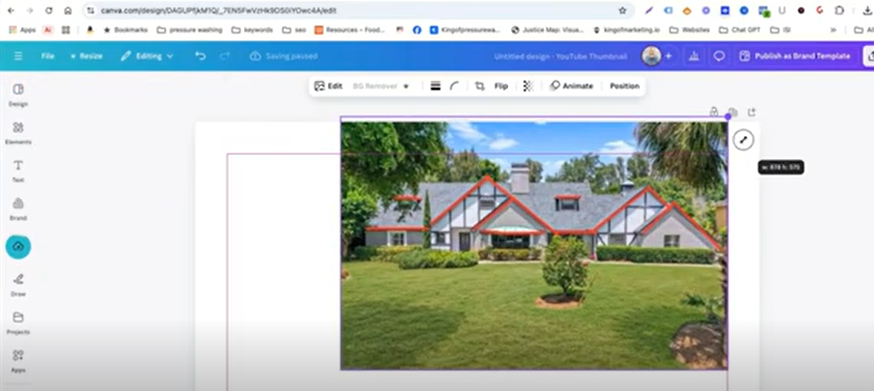
Best Practices for Digital Measuring
1. Use Known Reference Points
- Standard door width (3 feet)
- Garage doors (8 feet for single, 16 feet for double)
- Windows or other standard architectural features
2. Always Add a Buffer
- Include a 10% margin for error
- Account for hidden features not visible in photos
- Better to overestimate slightly than underestimate
3. Cross-Reference Your Results
- Use multiple tools to verify measurements
- Compare results between different methods
- Look for consistency in measurements
Common Pitfalls to Avoid
- Don't forget to account for:
- Door overhangs
- Architectural protrusions
- Roof extensions
- Corner details
- Changes in elevation
When to Use Which Tool
- ELEIF: Best for straight-line measurements and simple structures
- Image Measurement: Ideal for detailed work requiring zoom capability
- Canva: Perfect for quick estimates and visual reference points
Final Tips
1. Always verify your reference measurements
2. Take multiple measurements when possible
3. Document your process for consistency
4. Consider seasonal changes or structural variations
5. Keep records of your measurements for future reference
Remember, the goal isn't just to get a number – it's to get an accurate measurement that you can confidently use for project planning and execution. Whether you're a professional contractor or a DIY enthusiast, these tools can help you achieve precise measurements without stepping foot on the property.
Want to learn more about construction measurements and professional techniques? Visit ChristmasLights.io for additional resources and tips from industry experts.
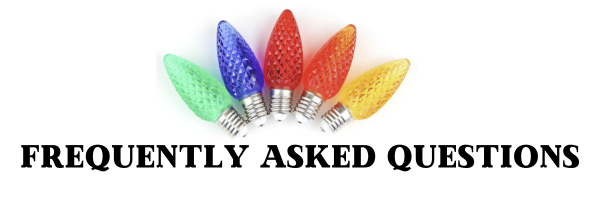
Q: Why should I use multiple apps to measure the same building?
A: Using multiple measurement tools helps verify your calculations and ensures accuracy. Each tool has its own strengths - for example, Image Measurement offers better zoom capabilities, while Canva provides easy-to-duplicate measurement units. By cross-referencing results between different apps, you can catch potential errors and arrive at the most accurate measurement.
Q: What's the best reference point to use when measuring from a photo?
A: The most reliable reference points are standardized building features:
- A standard door (3 feet wide)
- A garage door (8 feet for single, 16 feet for double)
- Standard windows
Always try to use the garage door as your first choice since it provides a larger reference point, which can lead to more accurate measurements across the entire structure.
Q: Why should I add 10% to my measurements?
A: Adding 10% serves as a safety buffer for several reasons:
- Accounts for hidden architectural features not visible in photos
- Compensates for potential measurement errors
- Covers unexpected protrusions or overhangs
- Ensures you have enough materials for the project
It's better to slightly overestimate than to run short on materials or underquote a project.
Q: Can these tools replace physical measurements?
A: While these digital tools are extremely helpful for initial estimates and remote measurements, they work best as complementary tools to physical measurements. For final, detailed work, it's still recommended to take physical measurements when possible. However, these apps are excellent for:
- Initial project estimates
- Remote quotes
- Preliminary planning
- Situations where physical access isn't immediately possible
Q: What can cause inaccurate measurements when using these apps?
A: Several factors can affect measurement accuracy:
- Using an incorrect reference point size
- Not accounting for perspective in photos
- Overlooking architectural features like overhangs
- Poor photo quality or angle
- Not considering depth in protruding features
To minimize errors, always use clear photos taken straight-on, verify your reference measurements, and cross-check results between different tools.
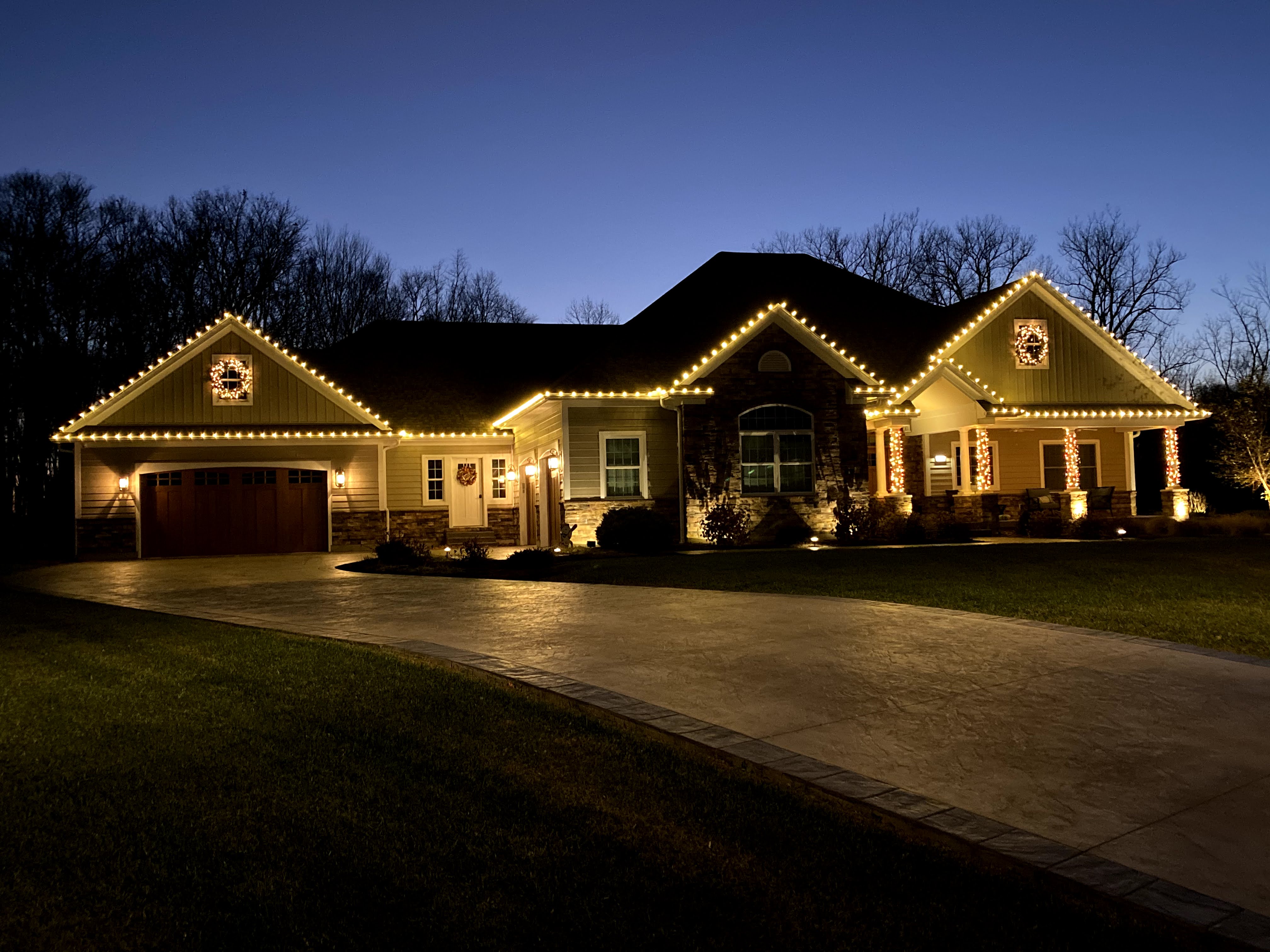
Q: Are these tools really free to use?
A: Yes, all three tools mentioned (ELEIF, Image Measurement, and Canva) offer free versions that include their measurement capabilities. While Canva does have a premium version, the measurement features discussed are available in the free version.
Q: How do I handle complex architectural features like bay windows or irregular shapes?
A: For complex features:
1. Break down the measurement into smaller, manageable sections
2. Measure each section individually
3. Account for depth and protrusions
4. Add extra buffer for irregular shapes
5. Consider taking multiple photos from different angles to better understand the structure
Q: What's the best way to document measurements for future reference?
A: Best practices for measurement documentation include:
- Take screenshots your measurements in each app
- Create a spreadsheet with all measurements and calculations
- Note which reference points were used
- Record the date and conditions of measurement
- Save the original photos used for measuring
- Document any assumptions or special considerations made
Q: How accurate are these digital measuring tools?
A: When used correctly with proper reference points and clear photos, these tools can be accurate within 5-10% of physical measurements. However, accuracy depends on:
- Quality and angle of the reference photo
- Accuracy of the reference point measurement
- Complexity of the structure
- User expertise in using the tools
This is why using multiple tools and adding a 10% buffer is recommended for professional estimates.
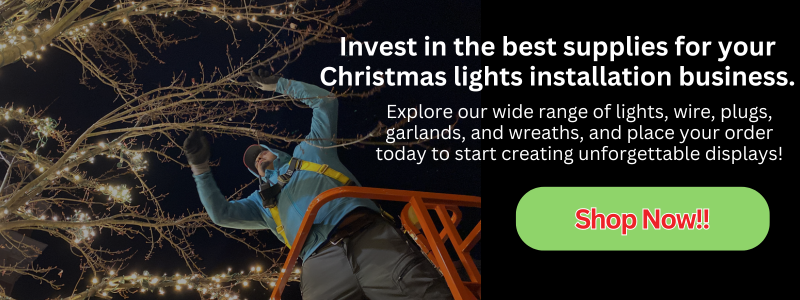
Have more questions about digital measuring techniques? Visit ChristmasLights.io for additional resources and expert guidance.
Copyright ©2024 All Right Reserved website designed by christmaslights.io
Terms of Service / Privacy Policy
Have questions or need assistance?
Contact us at (855)619-LITE




